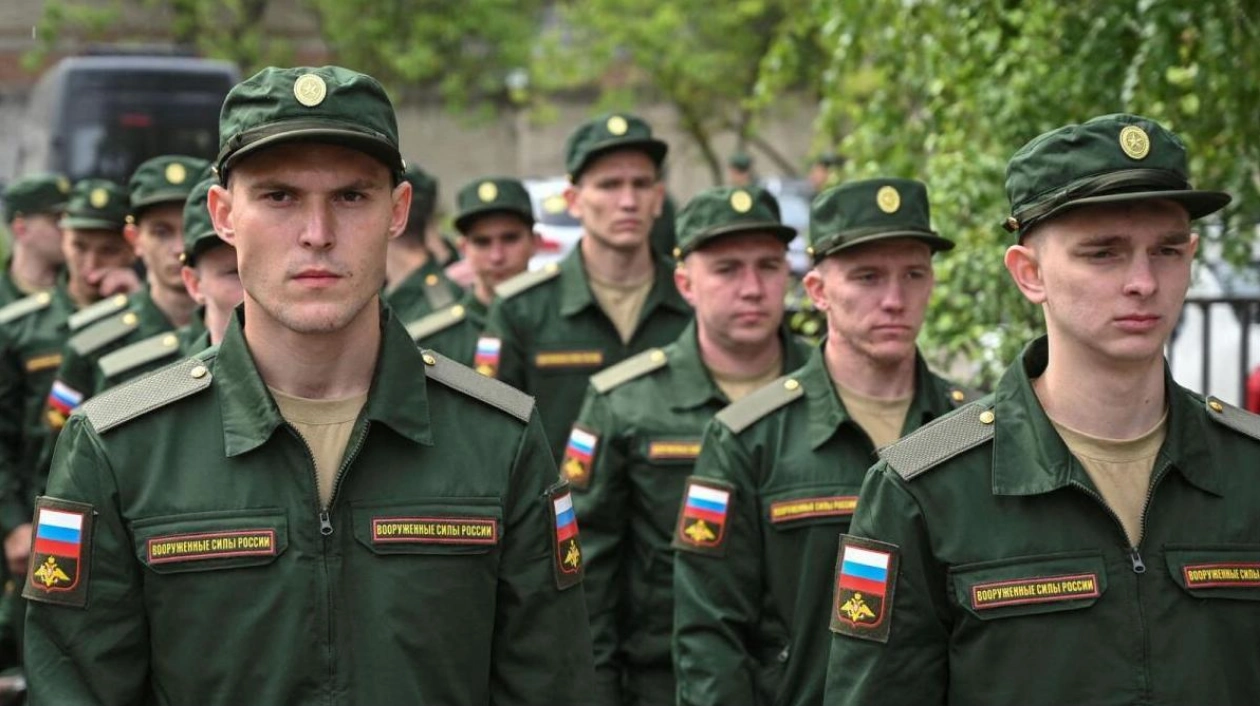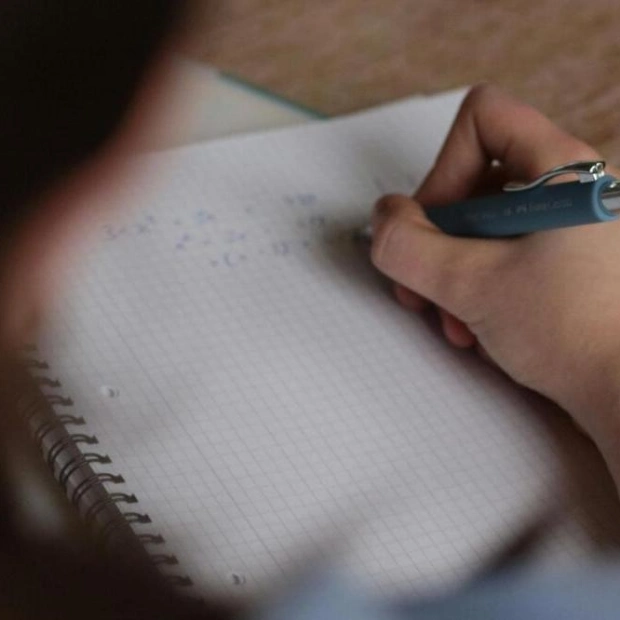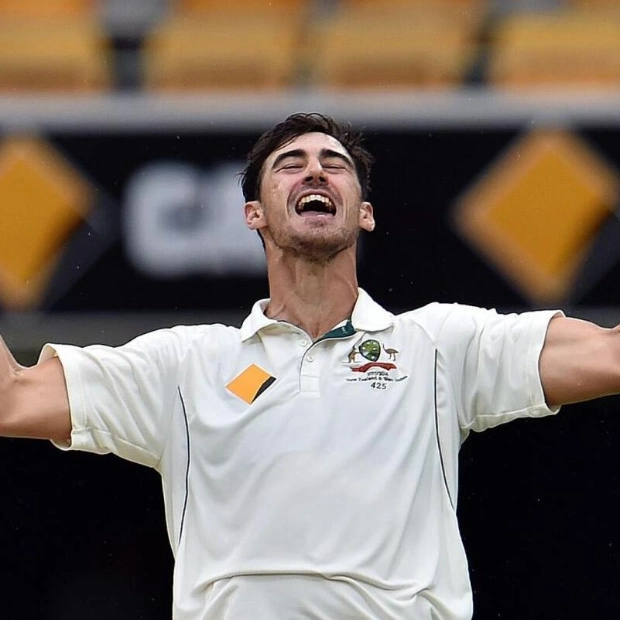The last time Liana spoke to her husband Husain before he was captured by Ukrainian troops, he reassured her with his usual words: "Everything is fine." Husain, a 21-year-old conscripted soldier, was deployed with his Russian army unit in mid-July to a base in the western Kursk region, located about 15 km from the Ukrainian border. On August 4, Husain called his wife and described the situation as calm, according to Liana's account to Reuters. The only indication of the ongoing war in Ukraine was the presence of drones overhead, safeguarding the soldiers during their sleep.
Two days later, Ukrainian forces launched a swift and unexpected attack, breaching the border into Kursk. For nearly three weeks, Liana received no news from Husain. Then, on a recent Sunday, he contacted her from a Moscow hospital, revealing that he had been released along with over 100 other Russian prisoners of war captured in Kursk. Husain recounted that his unit had endured intense Ukrainian shelling, leaving him and two other conscripts as the sole survivors. Reuters could not independently confirm Husain's story.
Liana, 19, spoke on condition of anonymity out of fear of retaliation. She expressed relief that Husain, with whom she has an 18-month-old son, is alive but worries that her husband, a former builder, might be redeployed to Kursk. "He is still young, he just started to live," she said. Russian men are obligated to serve one year in the military before turning 30, with approximately 280,000 individuals drafted annually. The recent Ukrainian incursion has reignited discussions about deploying inexperienced recruits into combat.
Less than two weeks after initiating the conflict in Ukraine in 2022, President Vladimir Putin emphasized that conscript soldiers were not involved in hostilities and would not be. However, the following day, Russia's defense ministry admitted that some conscripts were indeed fighting in Ukraine. Putin ordered an investigation into the matter and vowed to hold accountable those responsible. Over two years later, investigations by the BBC Russian Service and independent Russian outlet Important Stories reveal that hundreds of conscripts have been dispatched to Kursk to counter Ukraine's advance, with many reported missing or captured.
Reuters has verified the deaths of two conscripts based on social media posts by their families. Artyom Dobrodumsky, a former children's karate medalist from the southern Rostov region and a cadet school graduate, died at 22 in Kursk. Daniil Rubtsov, who grew up in northwest Russia, received his draft notice in December 2023 and aspired to become a police investigator, as his mother shared with Russian newspaper Novaya Gazeta. He perished in the Kursk region on August 7 at the age of 18.
Russian civil society groups advising men on avoiding military service express concern over the pressure exerted on conscripts to sign contracts to become professional soldiers. Alexei Tabalov, founder of the legal support group Shkola Priziyvnika (Conscript School), notes that conscripts, often teenagers, are particularly vulnerable to coercion. "It's easy to deceive, manipulate, or blackmail them. Threats and physical force can be used without significant repercussions," Tabalov stated over the phone. He added that many conscripts in Kursk received minimal military training and were primarily assigned maintenance and other basic tasks, suggesting they were not considered combat-ready.
In recent days, Tabalov has been approached by conscripts from various regions, including the far east and Bashkortostan near the Ural Mountains, who were informed they would be deployed to Kursk or adjacent border regions like Bryansk and Belgorod. Reuters could not ascertain the exact number of conscripts sent to these regions since Ukraine's incursion. When questioned about media reports alleging that conscripts are being sent to Kursk and pressured to sign military contracts, Kremlin spokesman Dmitry Peskov dismissed these reports as distortions of reality, stating that no comment was necessary.
Following the incursion, a Russian military commander in Kursk downplayed parental concerns about deploying young, inexperienced conscripts. Major General Apti Alaudinov, commander of Chechnya's Akhmat special forces, argued in a Telegram video message that it was inappropriate to treat 18-year-old conscripts as children. "Everyone in our country today, from the youngest to the oldest, must stand ready," he declared. Russian military analysts doubt that conscripts in Kursk are adequately prepared to face seasoned Ukrainian units. Some captured conscripts were drafted as recently as May or June and may have received only the minimum 45 days of training, according to Pavel Luzin of the Center for European Policy Analysis (CEPA), a US think-tank.
"The best course of action for Russian conscripts is to surrender to the Ukrainians immediately," advised Nico Lange, a defense expert at CEPA. "They will not survive this."






